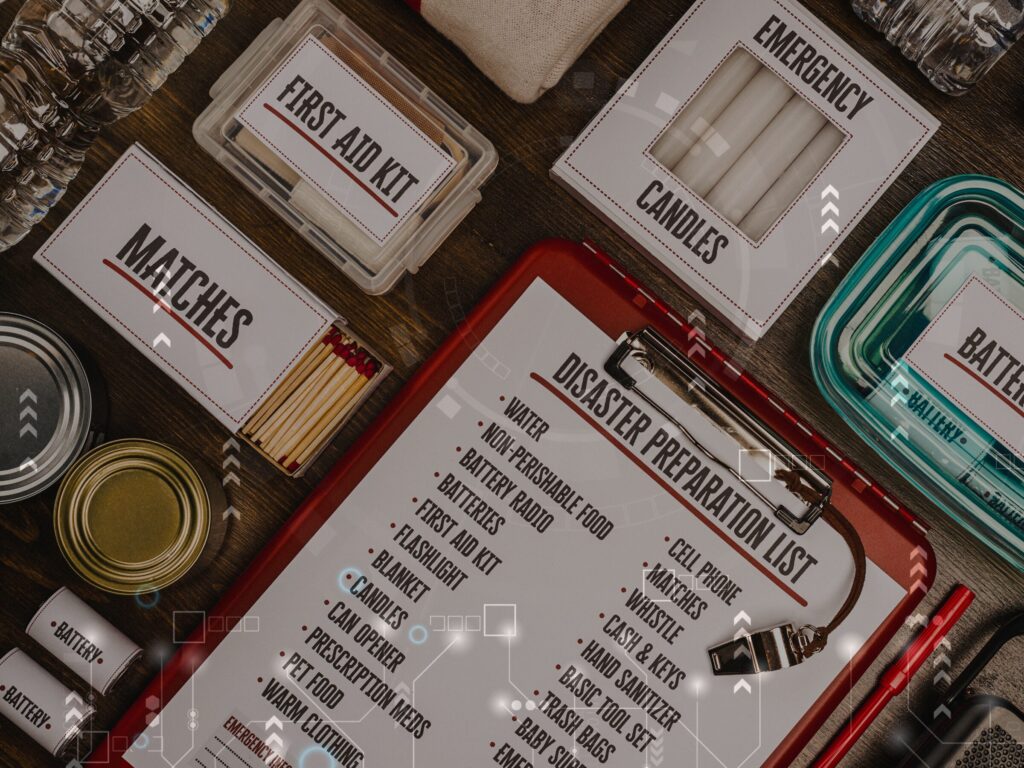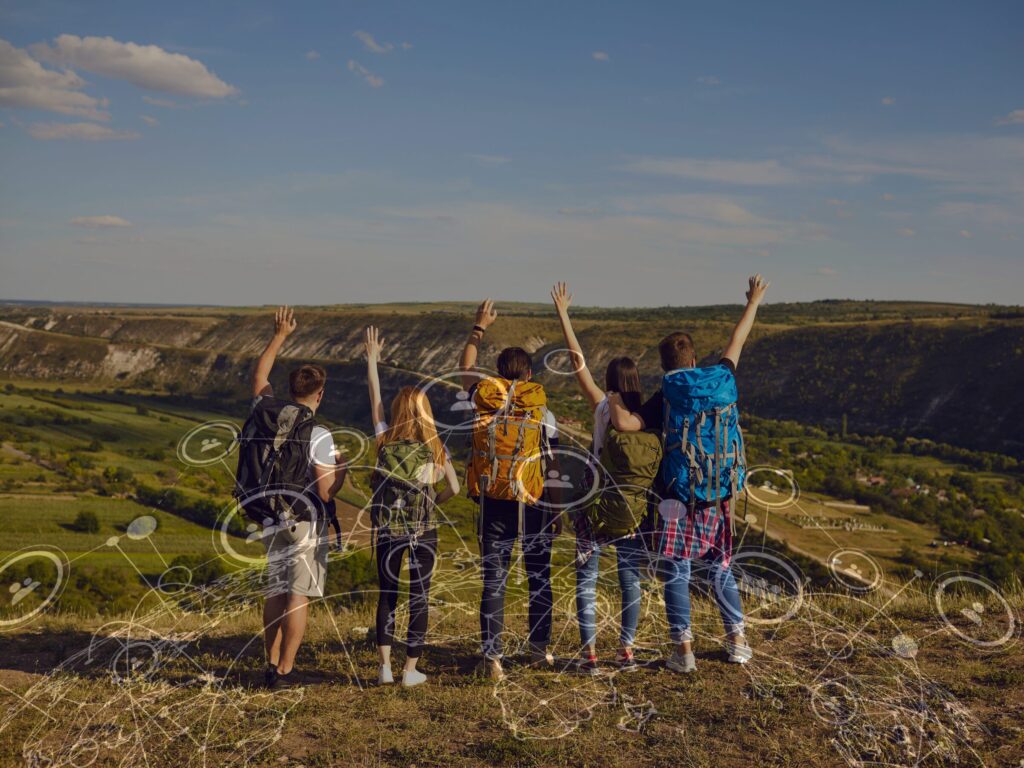With over 10 million waivers signed a year, our clients use thousands of types of digital waivers covering a variety of circumstances. Whether you’re a new company or just new to digital waivers, here are some tips that will get you started.
Please be aware, this is not legal advice. We recommend that you do your own research and speak to a legal representative when designing your waiver.

There are a couple of considerations when designing a waiver, especially if it’s going to be digital. You might have seen examples from other operators in the tourism industry and thought to yourself “How am I going to write 5 pages of legal content?”. We find it’s best to start simple and ask yourself some basic questions:
- What must my guests understand before arriving?
- What information should I capture in advance vs on site?
- What data can I use to grow my business?
There are certain questions that are industry-specific. For example, if you’re a rafting outfitter, you might want to remind guests to keep their life jackets on at all times; but if you rent bikes then this (hopefully!) won’t make sense.
That said, there are some consistent clauses we recommend having in your waiver.
- Make sure they agree they’re old enough to sign without a guardian and, that by clicking or signing below, they willingly agree to and acknowledge the following conditions.
- Emphasize that they cannot show up intoxicated or under the influence of drugs or alcohol. This information is better highlighted in a pre-arrival waiver so there are no surprises on site when your guests arrive.
- Make sure the customers accept any responsibility (whether caused by negligence or otherwise), for the risk of bodily injury, death, or property damages while on tour. Include a declaration that the participant has an obligation to indemnify, a duty to defend, and an obligation to hold harmless. These three concepts are important to understand, so do your own research about what each one means.
- Make sure they communicate any medical issues in person to a member of staff and that they’re fully fit to the best of their knowledge. You can ask your guests to list this information in your waiver, but some insurance companies think that this puts operators in a more liable position as this information is not always communicated to every member of staff.
- Tell them they need to comply with all federal and state laws. Seems obvious, but always worth mentioning.
- Ask for permission to use the participant’s name, likeness, photograph and/or picture for any and all commercial or non-commercial purposes (more on that here!).
- Wear sunscreen (if outdoors), stay hydrated at all times, and wear comfortable shoes. If your customers are comfortable, they’re more likely to leave you a good review (and less likely to complain!).
- Ask that they listen and pay attention to a member of staff at all times.
- Include a minor clause so that a parent or guardian can be responsible for, and sign on behalf of, minors.
- Include a statement that says the participant fully understands what they’re reading, and the implications of the document they’re signing. You can force them to read (or at least scroll through) the whole document with a scroll-wrap – so they’re unable to sign the digital waiver until they get to the bottom.
The next thing to do is think about your industry.
For example if you’re a food tour operator you might want to ask about allergies or intolerances, and most importantly, ask for this information in advance. If you’re a watersports operator, should they be wearing safety equipment at all times? Or if they rent ATV’s, is there a safety video they need to watch?

Think about what information you need them to know. We’re all guilty of scrolling through terms and conditions without reading a single line, so this will definitely happen with your own guests. But if you rent jet skis and need them to know that the minimum stopping distance of a jet ski at full speed is 75 meters – separate this section out, and have your customers physically click on this paragraph to agree to it. If you run an axe-throwing experience, make sure they don’t show up in open toed sandals. If you rent slingshots, make sure the driver knows it needs to come back with a full tank of gas.
Industry specific questions are a little trickier to cover, as Wherewolf has clients in over 100 different types of activities. But we’d be more than happy to chat with you about your specific requirements and give you recommendations where we can.
PRO TIP: Capturing this information as part of the booking process will decrease your conversion rates, as the lead booker will have to get in touch with every participant, find out if they have any allergies/intolerances/medical issues, return to the website, and start over. Simplify your reservation process by getting them booked in and paid, then use your waiver software to open up the lines of communication with all of the other guests.
Finally, ask yourself: What data points would be useful to help me grow my business?
We recommend at a minimum getting an email address and phone number from each guest, as you can now automate review campaigns to every participant and not just the person who made the reservation. We have a helpful article dedicated to this here.
Some other ideas around data are:
- Run social media ads with razor-sharp precision by capturing their age, state, and zip code. Not only can you curate highly targeted audiences, but you’ll know who your locals are for those shoulder season discounts.
- Ask them where they heard about you and direct your budget into the channels that are showing the highest ROI. Don’t solely rely on Google Analytics, this only tells you half of the story. For example someone might have heard about you from a hotel brochure, but booked with you through an OTA.
- Monitor guest suitability for your tours – such as their previous experience, their allergies, or medical conditions – and develop new offerings. A food tour operator might find that they’re getting increasing numbers of vegetarian guests, and create a vegetarian food tour. Or a rock climbing operator could discover that all their customers are highly experienced, so they offer a beginners learning tour to help people find their way into the sport (and tap into a new customer base).
- Ask them how long they’re in town for and, if longer than a day, recommend some other tours.




















